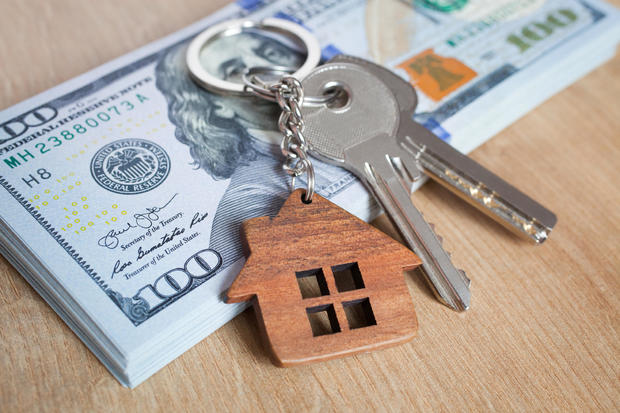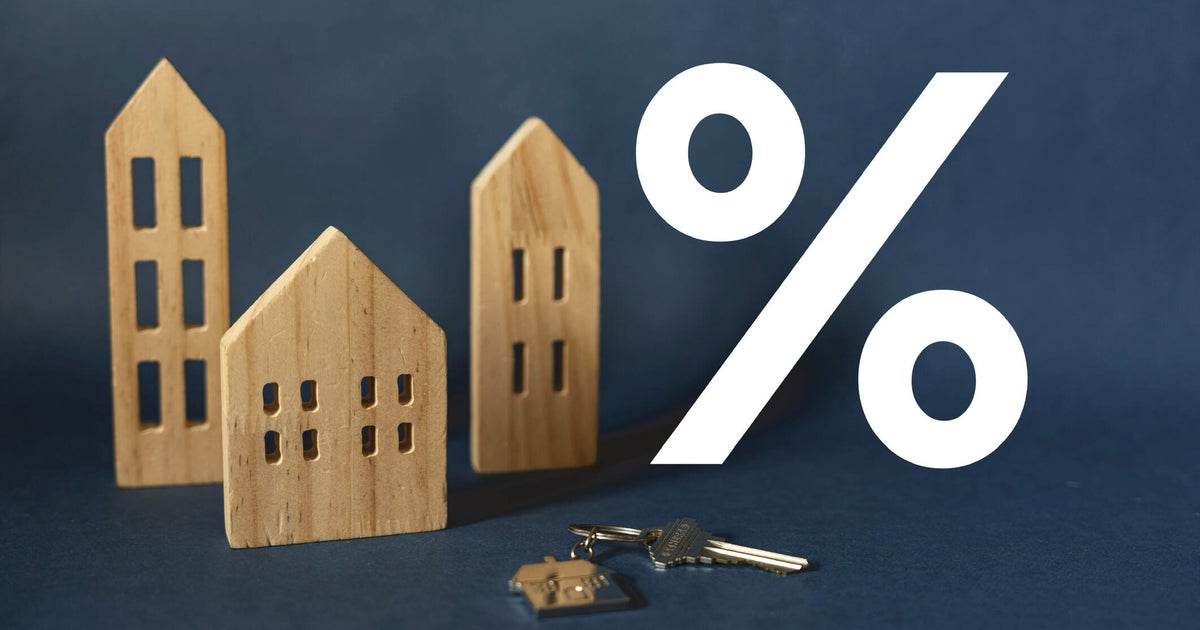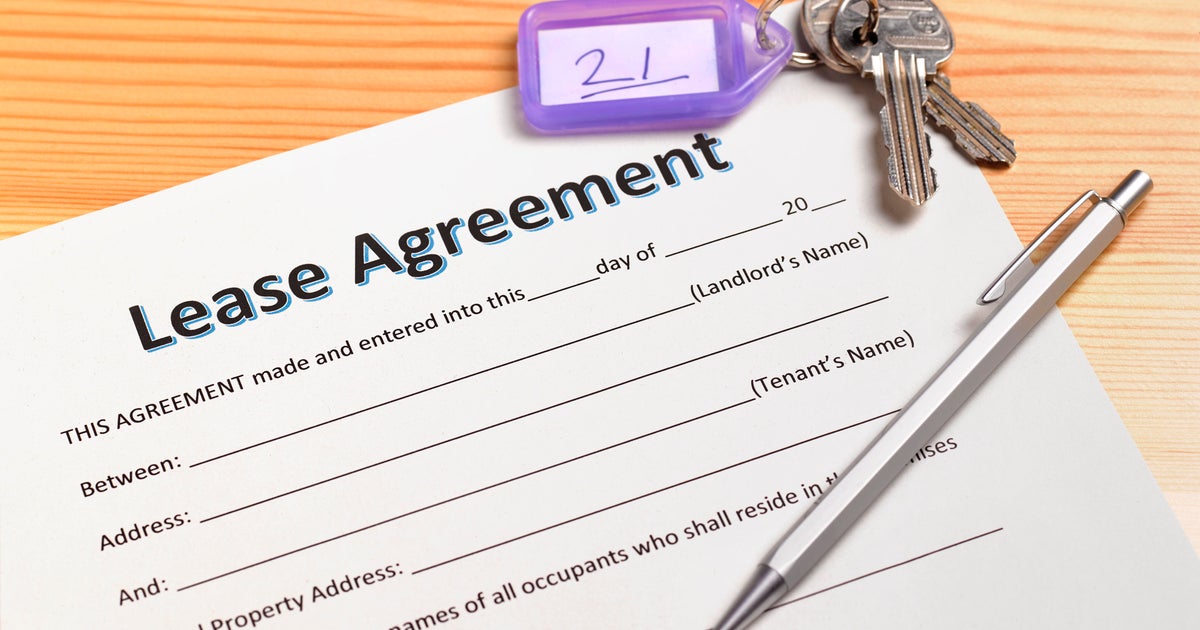HELOCs vs. home equity loans: Which is cheaper as rates are cut?
Loans secured by the equity in your home are often very affordable. This was true even as rates climbed in the post-pandemic era thanks to surging inflation, which caused the Federal Reserve to raise the benchmark rate. While most debt became more expensive at that point, borrowing against equity remained cheaper than credit cards and personal loans.
With the Fed now making moves to slash rates, including a 50 basis point cut in September and other rate cuts expected throughout 2024 and 2025, the home equity loan forecast is becoming even more favorable. Rates are already down off recent peaks and are expected to decline further this fall and beyond.
If you want to take advantage of falling rates, be aware there are two ways to tap home equity without impacting your current mortgage. You could take out a home equity loan, paying a fixed rate to borrow a lump sum. Or you could take out a home equity line of credit (HELOC) with a variable rate offering a line of credit to draw from as you need it
Home equity loan rates and HELOC rates can differ, though, as do the ways these loans are structured, so the big question to ask is whether a home equity loan or HELOC is better as rates fall. Here's what you need to know to get your answer.
Take out a home equity loan with a low rate now.
Why a HELOC could be cheaper as rates are cut
As of October 8, 2024, the national average rate on a HELOC is 8.94% while the overall average rate for home equity loans is 8.37%. Although HELOC rates are a bit higher than home equity loan rates, this trend isn't likely to hold.
"HELOCs typically carry a lower interest rate than home equity loans in any given market," says Kevin Leibowitz, president and CEO of Grayton Mortgage. "Home equity loans come at a rate premium because they are fixed."
Borrowers, in other words, will often accept higher rates for a home equity loan because their rate is locked in and they don't need to worry about it becoming more expensive over time. In the current market, however, the odds are that HELOC rates are more likely to decline than increase as the Federal Reserve has signaled its intention to continue rate cuts through 2026.
"HELOCs will benefit the most from rate decreases as these have a variable rate," says Domenick D'Andrea, financial advisor and co-founder of DanDarah Wealth Management. "As we are hearing from the Fed that further rate decreases can be expected in 2024, a HELOC can be a better option than a home equity loan."
With a variable-rate loan like a HELOC, your rate is tied to a financial index and will move along with it.
"Rates for home equity lines of credit generally vary based on banks' prime rates," says Eduardo Berain, executive vice president of consumer real estate lending for Frost Bank. "As prime rates decrease, HELOC rates will decrease as well, which will be good for consumers."
HELOCs can also be easier to qualify for than home equity loans, D'Andrea explains, and you're able to draw from your funds as needed while only paying interest once you've borrowed. You should find out if your HELOC has a floor, though, which would mean your rate couldn't drop below a certain threshold no matter how low market rates go.
Compare the best home equity rates available to you now.
Home equity loans are still an affordable option
While many borrowers will benefit from securing a HELOC and seeing their variable rate decline over time, this doesn't mean home equity loans are the wrong choice for all borrowers.
"As the market drifts down with the Fed lowering rates, rates for both home equity loans and HELOCs will fall," Leibowitz says.
Borrowers who take out a home equity loan in the coming months will likely pay less than those who borrowed at the recent peak. The key is that once borrowers lock in at a rate, it won't change — even if rates on new loans continue to drop.
Because of this, borrowers considering a home equity loan may want to wait a bit until further Fed rate cuts open the door to more favorable deals.
"If you can wait until the next projected rate decreases and feel more comfortable with a fixed rate over a variable going forward, then a home equity loan could be a good choice," D'Andrea says. "I wouldn't look at a home equity loan now unless you need the funds right away and are using them as soon as you receive them. That's because you'll be locking in what will probably be a higher rate than you could get in a few months."
The bottom line
Ultimately, a lot depends on your timeline and risk tolerance. If you must borrow ASAP, a HELOC may be the better bet. You can access a line of credit now, draw from it as needed, and see your rate decline over time if the Fed follows through on planned cuts. But if you prefer the certainty of a fixed-rate loan and can wait until home equity rates drop further, you'll likely be able to find an affordable loan with a good rate that's yours to keep for the long haul.




